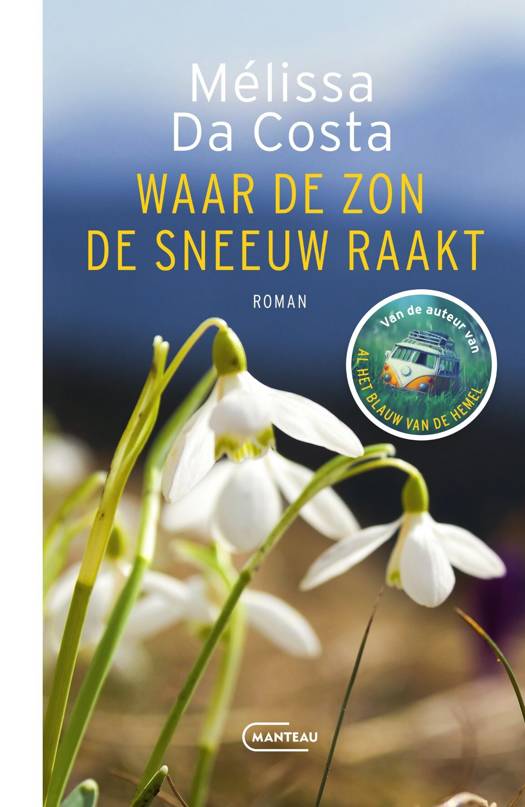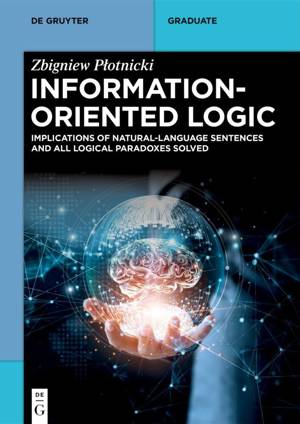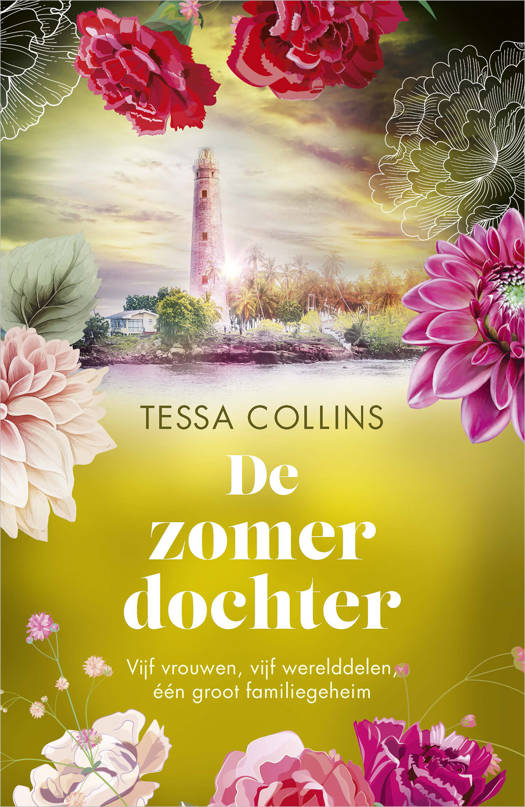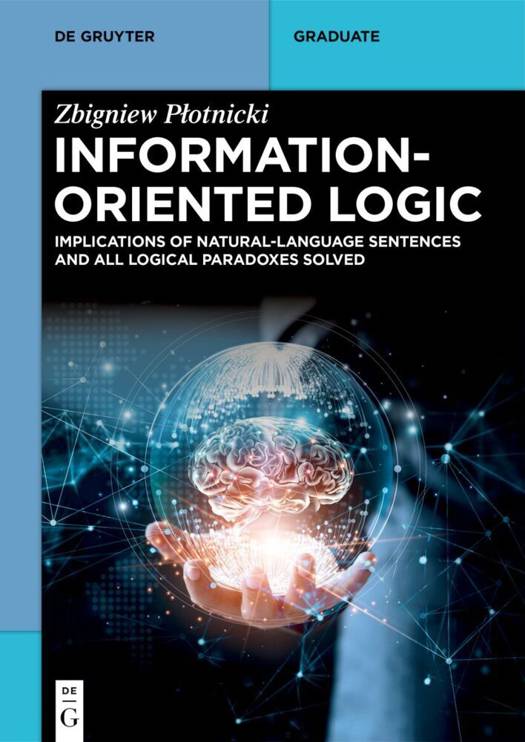
- Afhalen na 1 uur in een winkel met voorraad
- Gratis thuislevering in België vanaf € 30
- Ruim aanbod met 7 miljoen producten
- Afhalen na 1 uur in een winkel met voorraad
- Gratis thuislevering in België vanaf € 30
- Ruim aanbod met 7 miljoen producten
Zoeken
Information-Oriented Logic
Implications of Natural-Language Sentences and All Logical Paradoxes Solved
Zbigniew Plotnicki
€ 131,95
+ 263 punten
Omschrijving
The book introduces a new form of mathematical logic called "Information Oriented Logic" (IOL). It demonstrates that IOL is capable of solving various classical and non-classical logic problems that cannot be solved by traditional methods of logic. In this book, it is argued that two meaningful declarative sentences or symbols can make the same statement if they express the same thing or referent in different ways. The book treats a piece of information as the referent for a meaningful declarative sentence, thus inventing information-oriented logic. As a result, this book provides a comprehensive guide to this logic. Unlike traditional logic, which uses declarative sentences as the result of logical expressions, this new logic uses pieces of information. The book is intended for undergraduate and graduate students, as well as scholars applying mathematical logic to various fields such as philosophy, linguistics, ontology, information theory, computer science, etc. Additionally, it provides a new mereology in which all implications of a piece of information are its parts.
Specificaties
Betrokkenen
- Auteur(s):
- Uitgeverij:
Inhoud
- Aantal bladzijden:
- 448
- Taal:
- Engels
- Reeks:
Eigenschappen
- Productcode (EAN):
- 9783111440460
- Verschijningsdatum:
- 1/09/2025
- Uitvoering:
- Paperback
- Formaat:
- Trade paperback (VS)
- Afmetingen:
- 170 mm x 244 mm
- Gewicht:
- 725 g

Alleen bij Standaard Boekhandel
+ 263 punten op je klantenkaart van Standaard Boekhandel
Beoordelingen
We publiceren alleen reviews die voldoen aan de voorwaarden voor reviews. Bekijk onze voorwaarden voor reviews.











